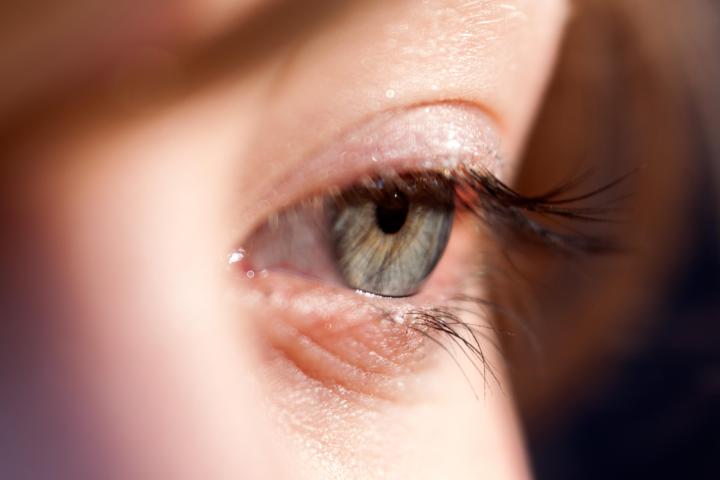
The magic lies with a particular molecule (lanosterol, a naturally-occurring steroid), which when applied in eyedrop form was able to “partially reverse cataracts in mice and restore some transparency in isolated human lenses,” according to Scientific American. Because cataracts are the result of damaged crystallin proteins that misfold and harden into cloudy clumps within the lens of the eye, researchers believe that molecules capable of binding to these proteins will effectively reverse the damaging process.
“If we can find a small molecule that binds the soluble, natural fold of the crystallin proteins — the free energy of that interaction will make that the more stable form … and we’ll basically turn back the clock on the aging of that protein,” explained University of California at San Francisco’s Jason Gestwicki.
This, Gestwicki says, just may be the “topical treatment with good shelf life that requires minimal training” the medical community has been looking for.
Though the drops have yet to be tested in human patients, researchers are optimistic about their potential, especially given their success in clinical trials involving rabbits, dogs, and human lenses.
“This is a really comprehensive and compelling paper — the strongest I’ve seen of its kind in a decade,” said molecular biologist Jonathan King from the Massachusetts Institute of Technology (MIT), who was not involved in the study, in an interview with Armitage. “They discovered the phenomena and then followed with all of the experiments that you should do — that’s as biologically relevant as you can get.”


